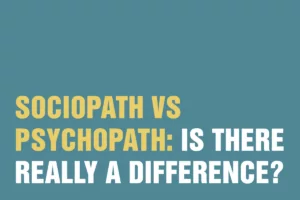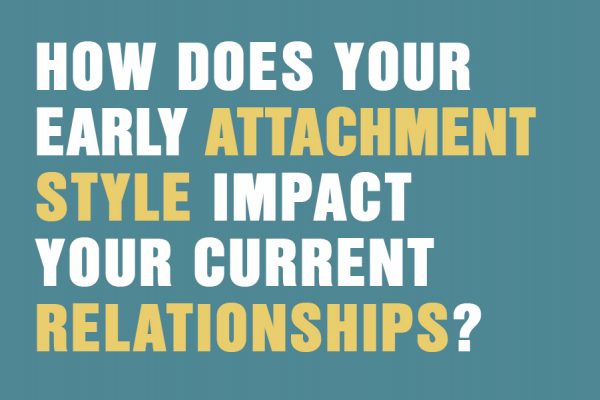For someone living with BPD (Borderline Personality Disorder), life can be tumultuous and chaotic at the best of times. Those with BPD can experience a wide range of symptoms, including loneliness, guilt, impulsiveness and rage, to name a few. As you might imagine, BPD sufferers can also come across a number of difficulties when it comes to romantic relationships.
In this blog, we’ll be looking at what BPD is, and what it is like to be in a relationship with someone who suffers from BPD. Is it possible for someone with BPD to have a relationship at all?
What is BPD?
BPD is a condition that affects the way people regulate, interpret and deal with their emotions. One source suggests that having BPD can feel like having third-degree burns all over your body – they lack that protective emotional skin and feel agony at the slightest touch.
What to expect from the BPD relationship cycle
It has often been observed that relationships involving someone who suffers from BPD go in cycles. In one moment, the person can be incredibly loving and caring, but in another, they act out and push their partner away. Here’s what you might encounter at each stage of the relationship:
- First stages of the relationship
Often during the first stages of the relationship, things can move very quickly compared to other relationships. People with BPD can sometimes mistake initial attraction for true love. - Second stage of the relationship
The BPD sufferer will likely act obsessive and become hypervigilant to anything they perceive as negative behaviour. For example, they might take it personally if you don’t immediately respond to their messages or calls. Their fear of abandonment and low self esteem may manifest into them convincing themselves that you no longer want to be with them – whether there is any actual evidence for this or not.
- Third stage of the relationship
To try and tackle the “divide” in the relationship, the borderline sufferer might begin to withdraw or pick fights. This, they hope, will make their partner “fight” for the relationship, and in turn help them to stop worrying. - Fourth stage of the relationship
This is where the relationship could begin to fall apart. Without reassurance or a grand gesture of love, BPD sufferers can become convinced that the relationship is ending. Worst of all, they think it’s all their fault. While with their partner (who likely has no idea about what’s running through their mind), they maintain a facade of happiness. Internally, however, the individual feels lonely and empty. - Fifth stage of the relationship
At this point, the relationship is likely to break down. The borderline sufferer will have pulled away without explanation and the partner will leave. In an effort to salvage elements of the relationship, the person with BPD might try to explain what happened, but often, this isn’t enough for the relationship to recover. - Sixth stage of the relationship
Now alone, the borderline sufferer will likely go through a period of intense emotions and mood swings. This can manifest in a number of different ways. Some may lash out at friends and family, while others engage in self-harming behaviours or further risk-taking.
Supporting a partner with BPD & navigating the relationship cycle
If your partner has Borderline Personality Disorder, the most impactful thing you can do is become familiar with the disorder and it’s cycles so that you can also understand how your partner is feeling.
Provide space for both of you to talk about your feelings openly and honestly. This can give your partner the validation that they need, while also allowing you to reassure them that nothing is wrong. The Awareness Centre can help to facilitate this through joint and individual counselling; giving you both the support you need to continue having a fulfilling relationship.
While dating someone with Borderline Personality Disorder might mean you face more difficult periods, you’re also dating someone who is likely exceptionally compassionate and full of affection. Understanding the disorder and how it affects your partner is so important for a healthy relationship.
Book a free therapy consultation with The Awareness Centre today, and find out more about the support available to both you and your partner.







